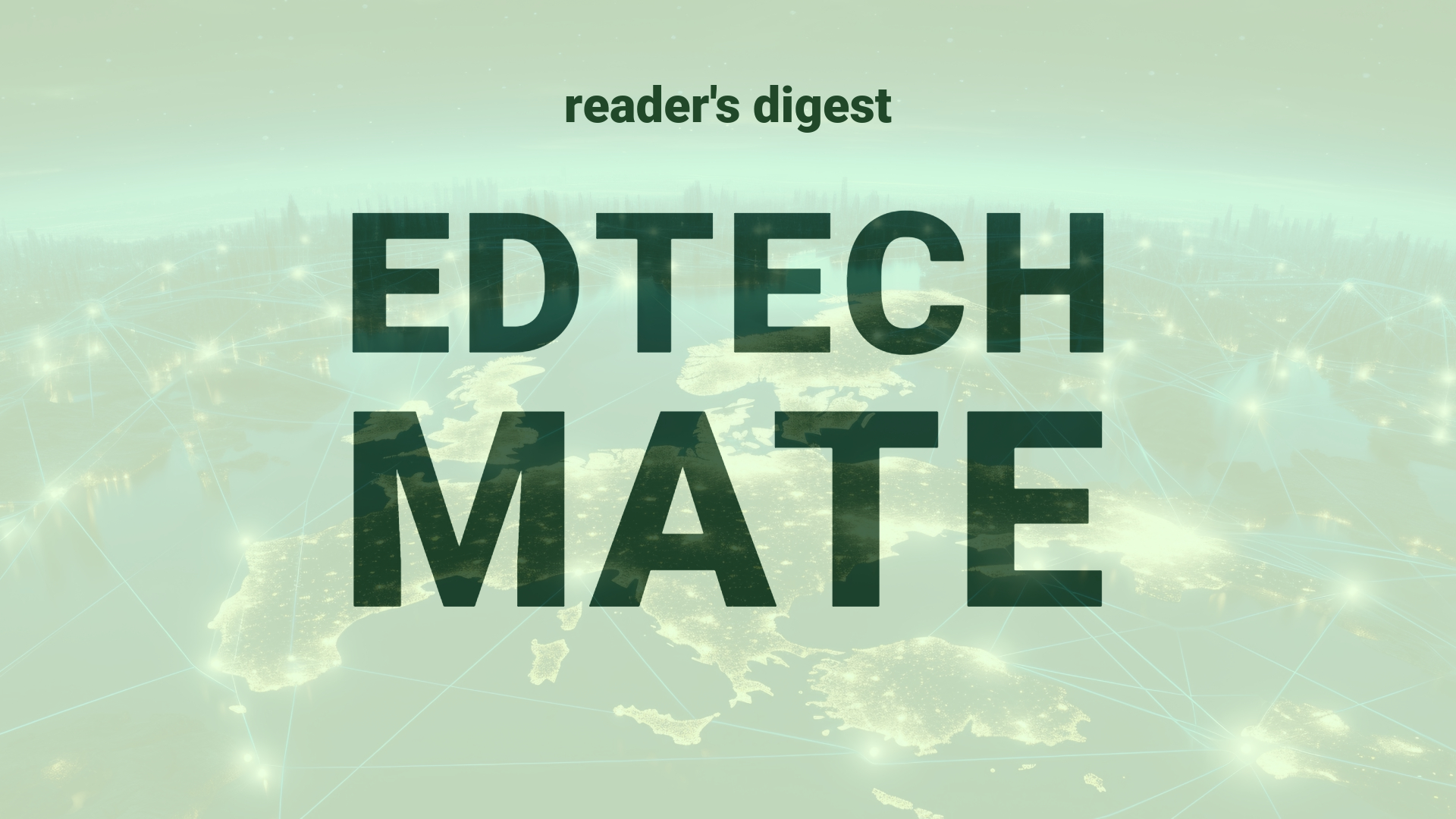Executive Summary and Main Points
Recent complaints targeting Meta underscore significant challenges in the realm of data privacy in AI model training. The advocacy group NOYB has issued complaints in multiple European countries, emphasizing lapses in Meta’s proposed privacy policy updates and their implications for the use of personal data. The resulting discourse probes deep into the role of AI creators versus users in regulatory compliance, with potential effects of limiting market access to large enterprises capable of navigating complex privacy landscapes. This situation brings to light the tension between innovation and legal accountability in the international education technology sector.
Potential Impact in the Education Sector
The developments could substantially influence Further and Higher Education, along with the growing market of Micro-credentials. Higher education institutions may need to reconsider their strategic partnerships, given the potential legal risks associated with the use of AI tools. This could also drive an increase in digitalization efforts as institutions seek to enhance their own AI capabilities responsibly. Cross-institutional collaborations may need to focus on solidifying compliant and ethical data practices, while micro-credential providers may gravitate towards platforms assuring greater data sovereignty.
Potential Applicability in the Education Sector
In terms of AI and digital tools application, universities and educational providers could pivot towards developing in-house AI solutions that strictly adhere to privacy regulations, setting international standards for ethical AI utilization. This could include leveraging anonymized datasets and incorporating student consent protocols. Another application might involve global education systems adopting distributed ledger technologies (blockchain) to secure and authenticate user data, granting users more control over their information.
Criticism and Potential Shortfalls
A critical perspective suggests that while legal accountability might curb unchecked data exploitation, it also risks stifling innovation and constraining smaller entities unable to bear legal ramifications. Comparative case studies, such as the backlash against Slack and OpenAI’s litigation experiences, illustrate the practical challenges businesses face. Considering how these actions might unfold across diverse international educational contexts underlines the ethical and cultural implications that arise from these technological and legal crossroads.
Actionable Recommendations
International education leadership can explore the use of decentralized AI and privacy-preserving machine learning technologies to maintain innovation while respecting data privacy. Institutions might consider forming consortiums to share resources and best practices, thus democratizing AI access. Additionally, establishing international guidelines for ethical AI in education, informed by cultural values and legal frameworks, will be crucial. Stakeholders should be prepared for proactive policy-making and curriculum adjustments to educate future leaders on these emerging issues.
Source article: https://www.csoonline.com/article/2139087/complaints-in-eu-challenge-metas-plans-to-utilize-personal-data-for-ai.html

